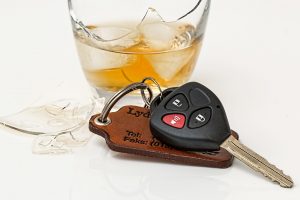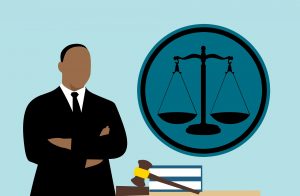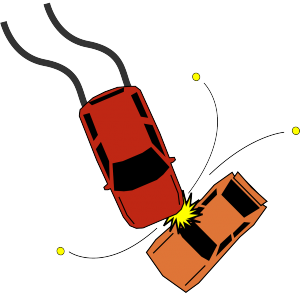 In a study released last month, Georgia ranked 21st out of all 50 states for the most drunk driving fatalities per capita. While it’s good news that Georgia isn’t in the top ten, our state is in the top half with 3.51 deaths per 100,000 people. According to the NHTSA, alcohol-related fatalities accounted for 24% of all car accident fatalities in the state of Georgia in 2017.
In a study released last month, Georgia ranked 21st out of all 50 states for the most drunk driving fatalities per capita. While it’s good news that Georgia isn’t in the top ten, our state is in the top half with 3.51 deaths per 100,000 people. According to the NHTSA, alcohol-related fatalities accounted for 24% of all car accident fatalities in the state of Georgia in 2017.
Drunk Driving is Negligent Driving
When someone is injured in a car accident, the victim may be entitled to compensation if the accident is the result of someone else’s negligence. Negligence is typically defined as the failure to take reasonable care under the circumstances. If you can prove that the other driver’s negligence caused your injuries, then the other driver can be held liable for your injuries and other losses.
 Georgia Injury Lawyers Blog
Georgia Injury Lawyers Blog


 People who have been injured in an accident have a lot to worry about. Your primary concern should be your health, and recovery can involve a significant period of time for treatment, rehabilitation, and recovery. In addition, you may now be missing days from work or unable to work at all. You’re worried about paying your mortgage or rent and other expenses, and the bills are starting to pile up. On top of it all, you’re in pain and suffering, unable to live your life the way you did before your accident. With all of this, trying to decide how to handle your personal injury claim can be overwhelming.
People who have been injured in an accident have a lot to worry about. Your primary concern should be your health, and recovery can involve a significant period of time for treatment, rehabilitation, and recovery. In addition, you may now be missing days from work or unable to work at all. You’re worried about paying your mortgage or rent and other expenses, and the bills are starting to pile up. On top of it all, you’re in pain and suffering, unable to live your life the way you did before your accident. With all of this, trying to decide how to handle your personal injury claim can be overwhelming.  Intersections can be dangerous places – traffic entering from different directions, vehicles stopping and going and making turns, often without looking. Then there are pedestrians and cyclists also entering the intersection, and sometimes in unpredictable ways. It’s no wonder, therefore, that so many car accidents occur at intersections.
Intersections can be dangerous places – traffic entering from different directions, vehicles stopping and going and making turns, often without looking. Then there are pedestrians and cyclists also entering the intersection, and sometimes in unpredictable ways. It’s no wonder, therefore, that so many car accidents occur at intersections.